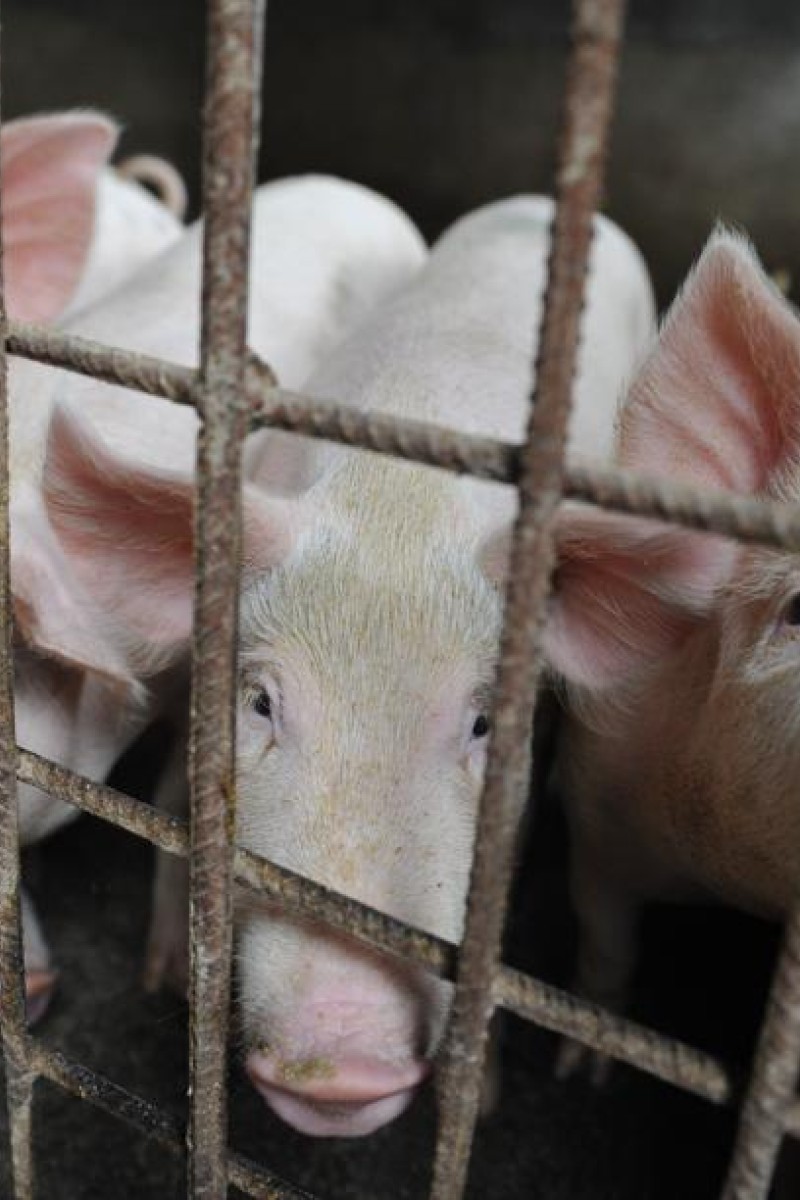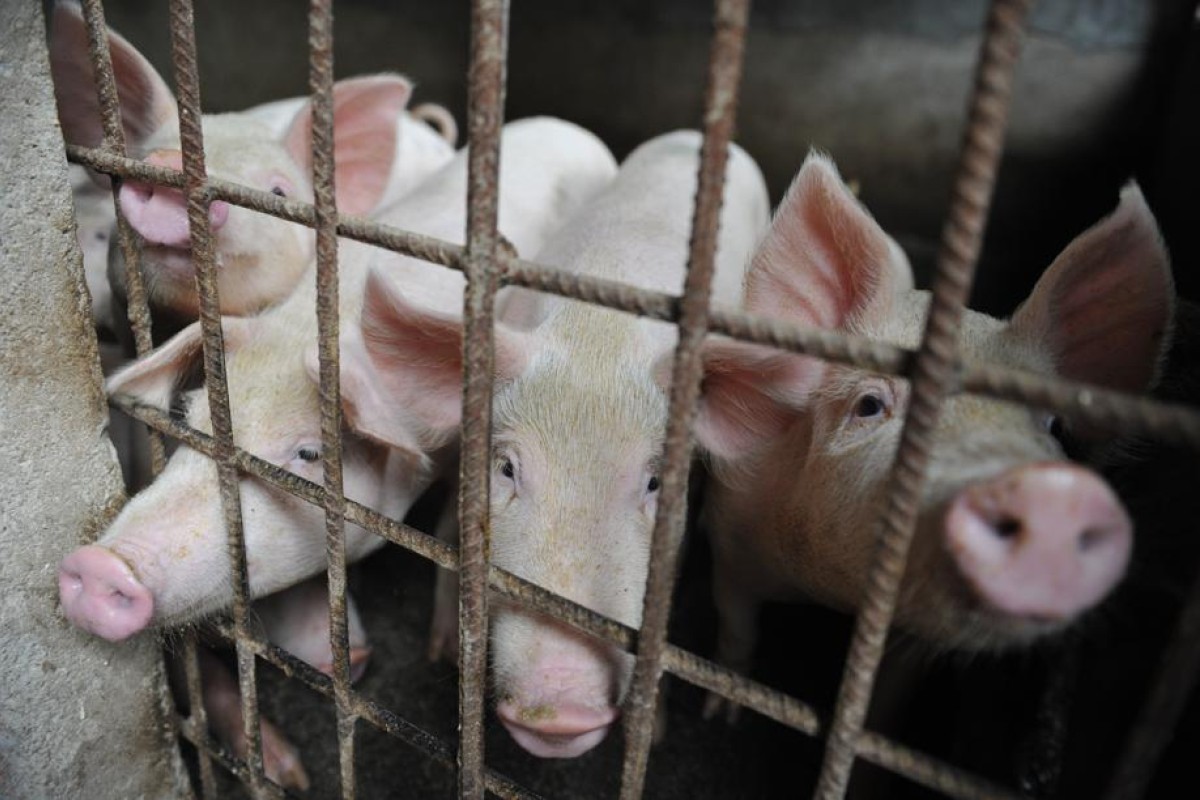
Mainland reports at least 92 outbreaks of African swine fever, which was first found in Liaoning province in August
 African swine fever has been reported in 23 provinces or regions in China.
African swine fever has been reported in 23 provinces or regions in China. The mainland has been badly hit by the African swine fever outbreak, which continues to spread. Almost 20 mainland pig farms have suspended supplies to Hong Kong and Macau because of the outbreak, officials said.
African swine fever is a viral infection that is deadly for pigs but does not affect humans.
Industry sources said pork prices in the city were unlikely to rise during the Christmas period.
How to spot if you’re getting the flu and what to do about it
The mainland has reported at least 92 outbreaks of the fever, which was first found in Liaoning province in early August. Cases were reported in 23 provinces or regions, including Guangdong province. This has resulted in a cull of more than 630,000 pigs, according to the China News Service.
And on Tuesday, the national General Administration of Customs revealed that 18 of 154 mainland farms that provide pigs to Hong Kong and Macau had stopped sending their animals across the border.
About 3,500 to 4,000 live pigs are supplied from the mainland to Hong Kong daily. By Tuesday night there had been no cases of the virus in the city.
7 steps to staying flu-free this winter
Yet local officials were stepping up preventive measures, for example by banning farmers from feeding swill, or food waste, of animal origin to pigs, and improving hygiene at farms.
Despite the suspension, prices for pork in the city were expected to remain flat over the next week or so. This is because the recent pork supply to Hong Kong was steady, said Lam Wing-yuen, vice-chairman at the Hong Kong Livestock Industry Association.
He also noted that during the Christmas and new year, consumer demand for fresh pork dipped.
“This holiday is a bit long and residents may go out more, so the business for local wet markets is not very good,” he said.